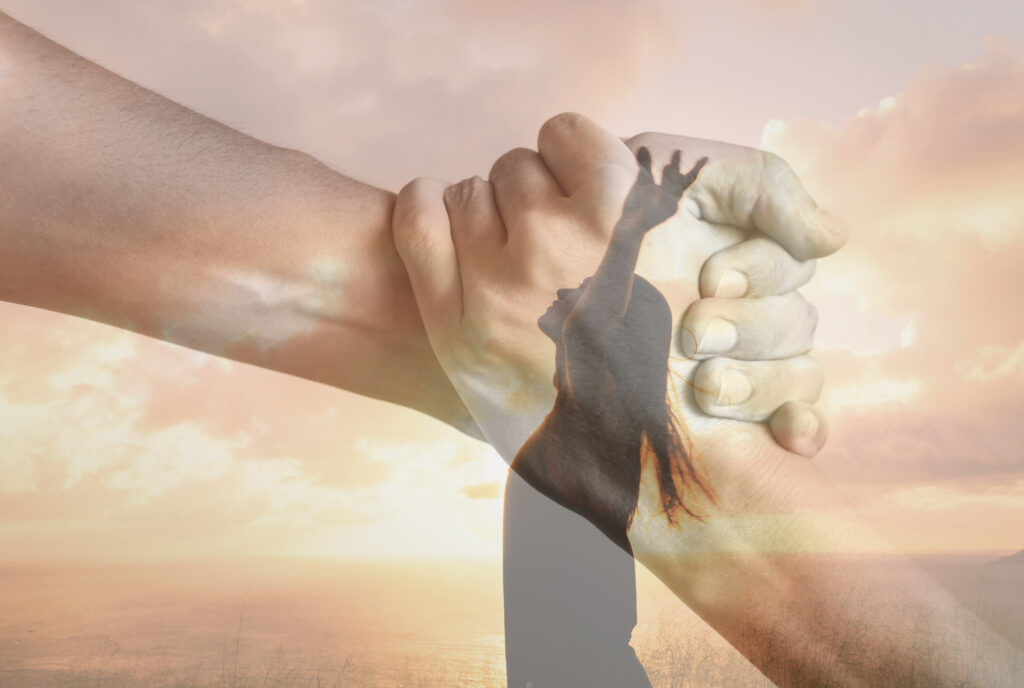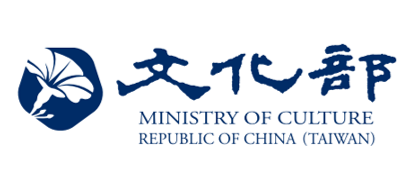2024 TRAINING PROGRAM: Psychological First Aid

ABOUT THE PROGRAM
This training is designed for art and cultural practitioners (including artists) from Asia, whose work is at the intersection of art and society. The program will help the practitioners, who are facilitators or organizers of art and cultural events/projects, to learn skills that they can use to help the people they work with to stabilize, ground and get support when they are dealing with the impact of emotionally challenging events. It will support participants to develop a life-skill in psychological first aid, which they can apply to supporting people they work with and their friends or family. It will also support participants to know themselves more and be better equipped to support their own emotional wellbeing.
A total of 8 people have been selected to participate in the program. The training will take place online, and is delivered by Carolina Herbert, an Integrative Arts Psychotherapist, qualified trainer, supervisor and consultant.
Carolina will share principles and skills of psychological first aid, and also lead the participants to learn from each other’s own experiences through creative exercises and group discussions. The learning process will be experiential and use reflective and creative tools, including ‘creative journaling’ which is a powerful reflective practice tool to expand personal and professional development. The participants will do a presentation of their learnings in the last workshop session. Carolina will give detailed guidance and support to all participants throughout the course.
If you have any questions about the program or the application, you can contact us at jennifer@mekongculturalhub.org
IMPORTANT INFORMATION
● Open Call (Deadline: August 21st 2024)
● Program Overview
● Application Form
Q&A Session: We had hosted a virtual Q&A session Tuesday July 16th 2024. Please scroll down to see FAQ.
ABOUT THE TRAINER
Carolina is a photographer, musician and singer/songwriter, with an avid interest in all of the arts for expression, social action and change. She is also a trained Life-cycle Celebrant and is able to curate ceremonies and memorials with individuals, groups and communities for any significant life event. Her passion is to enable communities, organizations and people to navigate transitions, crises and emergencies through engaging in music and the healing arts, cultural rituals, ceremonies and celebrations.
Carolina has extensive work in the Asia region and has also run several workshops with MCH to support art and cultural practitioners to deal with their own emotions and challenges professionally and personally for several years. She also conducted the MCH training program of “Psychological First Aid” in 2023.
Participants
Maria May Achazo
Paranaque
Kuan-Jung Chen
Taipei
Poornima Sardana
Sonipat
Hieu Nguyen
Vung Tau City & Ho Chi Minh City
Wahyuni Hadi
Bangkok
Sih-Ying Hsieh
Glasgow, Scotland
Mai
Hanoi
Evelina/Eve
Yangon
Frequently Asked Questions
On July 16th we held an open session on zoom, where people could come and ask questions to MCH and the trainer, Carrie, about the training, the application process and the selection. The questions and answers that were shared during the session are below:
Is the Psychological First Aid training for getting psychological support or for giving it to others?
It’s for both. It teaches you how to care for yourself, which is crucial when you are trying to help others. It focuses on skills to enable you to respond to your community, colleagues, friends, and family with compassion and skill, particularly in crisis situations. It’s not about becoming a therapist or counselor but providing first-line support and knowing how to get additional help if needed.
Can people who feel like they need psychological first aid themselves benefit from this course?
The primary purpose of this course is to equip you to respond to others. If you are going through something difficult in your own life, this course can provide some tools and skills, but it is not a substitute for therapy or professional help. When in a trauma or crisis state, it is very difficult for us to learn. So if you are currently in this kind of situation, please consider whether this is the right time for you to apply, or whether it might be better to apply in the future when you are feeling more resourced and able to be in a learning environment.
What kind of skills will be covered in the Psychological First Aid training?
The training covers skills such as: empathy, communication, listening, reassuring, and compassion. It also includes how to stay calm in a crisis, reflective practice, and using creative journaling as a tool. Participants will learn through group discussions, creative responses to topics, and understanding your relationship to the subject using various methods and creative processes.
How will the training help in practical situations?
The skills learned in the training will help you to effectively care for yourself and others, especially in crisis situations. This includes recognizing your limits, knowing when to seek additional support, and developing confidence in your ability to navigate challenging situations.
Is this course related to art therapy?
While the course uses some tools and techniques from art therapy, it is not an art therapy training. It focuses on using creative methods to understand emotions, life experiences, and how to respond to others effectively.
Are there any pre-qualifications applicants need to have? How will you select the participants?
There are no specific qualifications or experiences that applicants need to have. If you check the Program Overview you can find more detail about the eligibility and selection criteria. Overall our main priority in the selection is trying to select the people we believe we can best help through this training at this time. That’s why in the application our questions are to try to understand what has motivated you to apply for the program and what you hope to benefit from it. We will also consider building a group that we believe will work well together. Selection in this case is not at all about good or bad or qualified/ not-qualified, but it’s our way to prioritise how we use the resources we have available.
Can I apply to join as an observer?
The program is based on the group of 8 participants having time and trust to share and exchange experiences and support each other. For this reason, we will not have observers in the training.
Are there any ground rules or things that participants should be aware of to join the workshop?
Creating a safe space and keeping confidentiality among each other is important in this workshop. There are some tips in the application form about how to share experiences while also maintaining confidentiality. A group agreement will be created with the participants at the beginning of the training.
Will my level of English be enough for the training?
The training will be in English as we will have a mixed group of nationalities. The majority of participants will have English as their second, third or fourth language – so there is no expectation you are perfect. You should feel comfortable enough to try to express yourself, and to listen to others. The training will use a lot of creative tools and methods that should be accessible to anyone without needing to rely on language. We don’t expect there to be a lot of technical terms, but if they are introduced, efforts will be made to ensure everyone understands. You can also contact MCH during the application process if you would like to talk to us directly about your own concerns about your comfort with using English and whether it will be enough.
What kind of Creative Techniques will be used?
There will be Creative Journaling sessions where participants can use any creative skill they like such as poetry, writing, making art, photography, video, music or anything they feel enables them to reflect on themselves and to communicate and express.
I am also interested in the Ethical Dilemmas in Art Practice training workshop, can I apply for both?
There is no limitation in applying, but as both the workshops are happening at a similar time and require quite a significant commitment, we would only offer a place on one if you are selected. We recommend you apply for the one which is most relevant or needed for you at this time. But if you do decide to apply for both, please let us know which one is your first preference.
OTHER TRAINING PROGRAMS
PARTNERS & SUPPORTERS
This program is possible thanks to support of organisations and individuals including:
